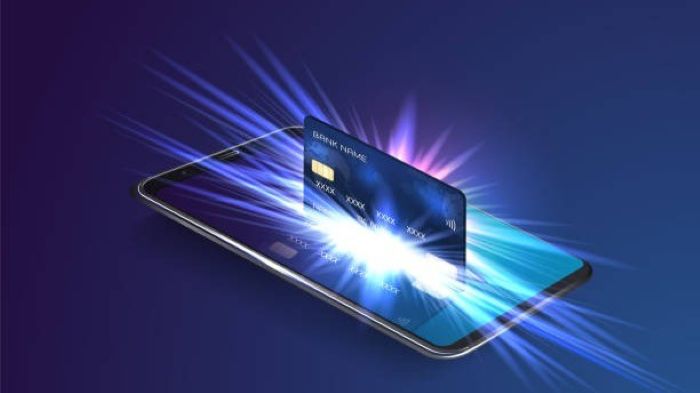(3 Minutes Read)
A surge in mobile money-linked virtual Visa and MasterCard cards is transforming e-commerce and remittances across Africa, signalling a major disruption to the continent’s reliance on traditional bank-issued plastic cards. Powered by telcos, this wave of virtual card innovation is reshaping how millions pay online and send money globally, directly challenging the dominance of legacy banking models.
Globally, digital payments are on the rise. According to the 2025 Global E-commerce Payments & Fraud Report by Visa, Verifi, and the Merchant Risk Council, physical cards still lead in merchant acceptance (80%), but digital wallets (73%) and mobile commerce (45%) are gaining fast—highlighting a global preference for fast, flexible, digital-first solutions.
This shift is fueled by convenience, lower costs, and heightened security. Virtual cards are instantly issued, easier to control, and tailored to personal or business use. They also reduce plastic waste and the carbon footprint tied to the manufacturing and logistics of physical cards.
Africa’s leading telecoms—including Safaricom, MTN, Airtel, and Ethio Telecom—are capitalizing on this trend. These companies are now embedding virtual cards into mobile wallets, offering a powerful alternative to traditional banking services.
- In 2022, Safaricom launched the M-PESA GlobalPay Virtual Visa Card, linking to 34 million mobile wallets. By 2024, over 800,000 virtual cards were issued, enabling more than KES 7 billion in payments across platforms like Amazon, AliExpress, and Netflix—making global commerce accessible to everyday Kenyans.
- In Ethiopia, Ethio Telecom’s 2024 launch of a Telebirr-based Virtual Visa Card for 47.5 million users enabled affordable remittances from 190+ countries, aligning with the nation’s Digital Transformation Agenda.
- MTN partnered with MasterCard to offer a prepaid MoMo Virtual Card to its vast user base—290 million subscribers, 60 million of whom actively use mobile money—unlocking access to over 100 million global merchants.
- Airtel Africa introduced its Airtel Money MasterCard in 2021, now used by over 100 million customers across 14 countries, including 3.5 million in Zambia. The card enables seamless payments on global platforms like Netflix, Uber, and Google.
As card-not-present (CNP) transactions become the digital norm, these virtual cards are backed by robust security measures including 3D Secure, PCI DSS compliance, EMV standards, and multi-factor authentication. Leading card management systems such as OpenWay, Paymentology, Fiserv, and Marqeta ensure real-time, scalable infrastructure for these offerings.
The shift is also prompting global payment giants like Visa, MasterCard, AMEX, and China UnionPay to evolve. Rather than relying solely on banks to issue physical cards, these networks are increasingly partnering directly with telcos and fintechs, cutting out intermediaries and engaging digital-first consumers in emerging markets. While virtual card adoption enhances financial inclusion, it also poses a threat to traditional banks, especially in terms of lost revenue from card issuance fees and merchant service commissions.
Read Also;
https://trendsnafrica.com/jumias-steady-ascent-navigating-competition-in-african-e-commerce/
Africa’s fintech momentum, powered by the fusion of virtual cards and mobile money, is fundamentally redefining the continent’s financial future. As trust in digital wallets grows and telcos scale their fintech services, bank-issued plastic cards may soon take a back seat, ushering in a new era of inclusive, borderless payments.





